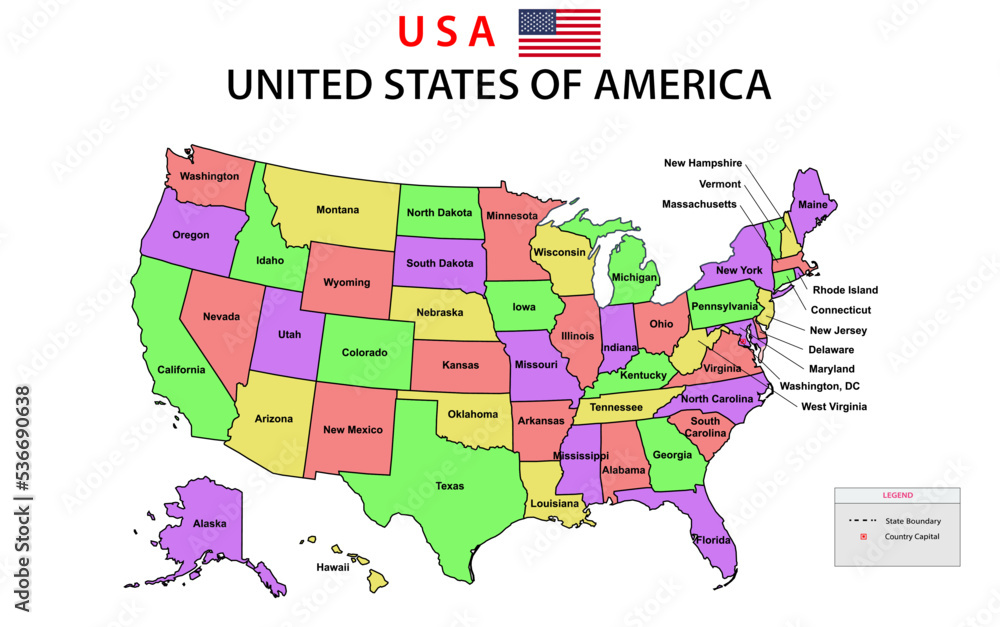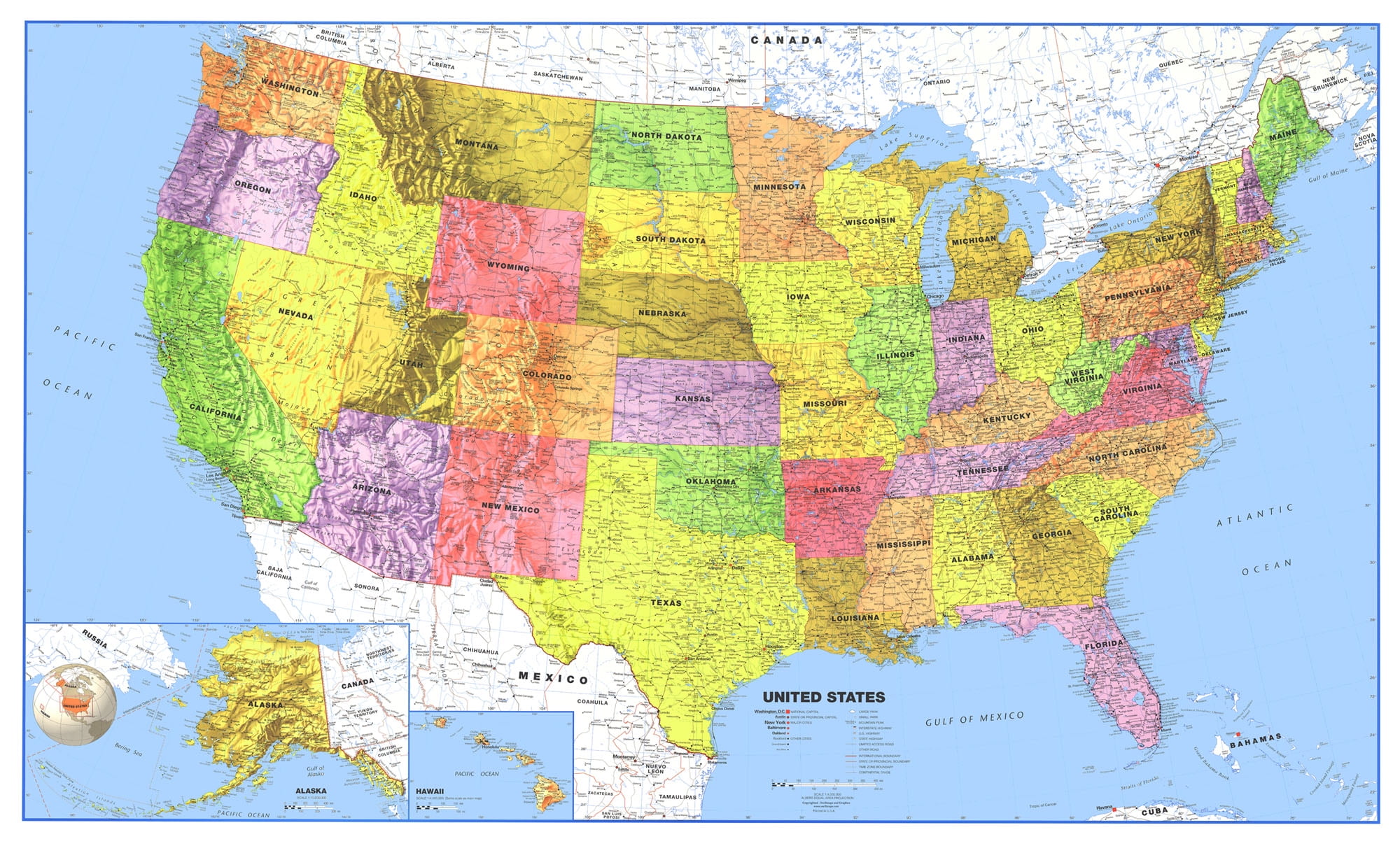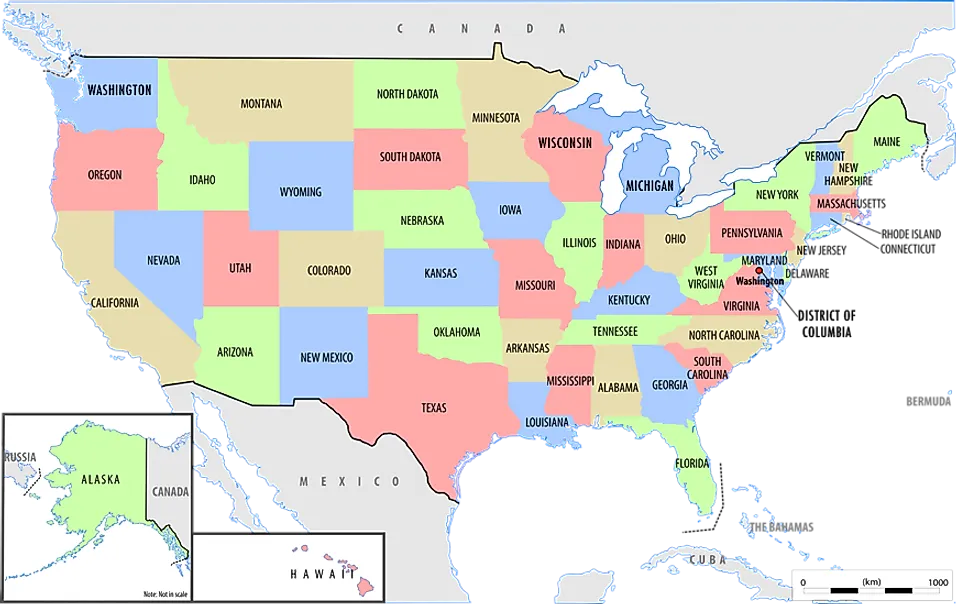Bridging Divides: The Tumultuous Path Of US-Iran Meetings
The complex and often fraught relationship between the United States and Iran has, for decades, been punctuated by periods of intense tension and, occasionally, attempts at direct diplomatic engagement. Understanding the history and intricacies of a potential US-Iran meeting is crucial for anyone seeking to grasp the geopolitical landscape of the Middle East and beyond. These interactions, whether formal or informal, public or clandestine, carry immense weight, often dictating the course of regional stability, global energy markets, and the specter of nuclear proliferation. From the aftermath of the 1979 Iranian Revolution to the present day, the prospect of the two nations sitting down at the same table has remained a topic of intense speculation, hope, and skepticism, highlighting a deep-seated mistrust that has proven incredibly difficult to overcome.
The narrative of US-Iran relations is a tapestry woven with threads of revolution, hostage crises, sanctions, nuclear ambitions, and proxy conflicts. Yet, amidst this historical backdrop of animosity, there have been persistent, albeit often aborted, efforts to open channels of communication. These attempts, sometimes initiated by one side, sometimes pushed by international intermediaries, underscore a reluctant recognition that direct dialogue, however challenging, might be the only viable path to de-escalation and finding common ground on critical issues like Iran's nuclear program.
Table of Contents
- The Long Shadow of 1979: A History of Disconnect
- Nuclear Negotiations: A Recurring Saga
- Diplomatic Overtures and Swift Denials
- The Role of Third Parties in Facilitating Dialogue
- The Humanitarian Dimension and Prisoner Exchanges
- Challenges and Roadblocks to a Successful US-Iran Meeting
- The Path Forward for US-Iran Meeting
- Geopolitical Implications and Global Stability
The Long Shadow of 1979: A History of Disconnect
The Iranian Revolution of 1979 marked a watershed moment, fundamentally altering the relationship between the United States and Iran. Prior to this, the two nations had been close allies. However, the revolution, the subsequent hostage crisis at the U.S. embassy in Tehran, and the establishment of the Islamic Republic led to a complete breakdown of diplomatic ties. Since then, direct official contact at the highest levels has been virtually non-existent. The "Data Kalimat" explicitly states that any proposed talks at the White House would be "the first such meeting at the White House since the 1979 Iranian Revolution." This single fact underscores the profound historical chasm that separates these two nations and highlights the significance, and indeed the rarity, of any potential direct US-Iran meeting. The absence of formal diplomatic relations for over four decades has fostered an environment of suspicion, making any attempt at dialogue inherently difficult and often subject to immediate political scrutiny from both sides.Nuclear Negotiations: A Recurring Saga
Perhaps the most persistent and critical area of engagement between the US and Iran, despite the lack of formal ties, has been the negotiations surrounding Iran's nuclear program. This issue, deemed a significant proliferation risk by the international community, has repeatedly drawn both nations to the negotiating table, albeit often indirectly or through intermediaries. The "Data Kalimat" provides ample evidence of these recurring discussions, painting a picture of a complex and often frustrating diplomatic dance.The JCPOA and Its Unraveling
The Joint Comprehensive Plan of Action (JCPOA), signed in 2015, represented a high-water mark in these nuclear talks, involving Iran, the P5+1 (China, France, Germany, Russia, the United Kingdom, and the United States), and the European Union. It offered sanctions relief to Iran in exchange for significant curbs on its nuclear activities. However, the "Data Kalimat" reminds us that during his first term, "President Donald Trump pulled the United States out of a 2015" agreement, referring to the JCPOA. This unilateral withdrawal in 2018, followed by the re-imposition of stringent sanctions, significantly complicated any future prospects for a direct US-Iran meeting and led to Iran gradually rolling back its commitments under the deal.Renewed Efforts Under the Trump Administration
Despite the withdrawal from the JCPOA, the "Data Kalimat" indicates that there were still attempts at dialogue under the Trump administration. It notes, "Trump administration to resume nuclear talks with Iran." This suggests a recognition, even by an administration that adopted a "maximum pressure" campaign, that some form of communication was necessary to manage the nuclear file. We see evidence of this in multiple rounds of talks: * "The United States and Iran held a second round of negotiations on Saturday in Rome over Tehran's rapidly advancing nuclear program." * "Officials made “very good” progress during the second round of nuclear talks with Iran in Rome and plan to meet with their Tehran’s counterparts next week." * "Iran and the United States will hold talks Friday in Rome, their fifth round of negotiations over Tehran’s rapidly advancing nuclear program." * "Delegations from Iran and the United States will meet again next week after wrapping up “constructive” nuclear talks that included the first direct contact between a Trump administration and..." These snippets reveal a pattern of ongoing, albeit often difficult, engagement. The reference to "the first direct contact between a Trump administration and" Iran highlights the significance of these meetings, even if they were not at the very highest political level. However, the fragility of these talks is also evident: "The latest round of talks between the United States and Iran on the future of Iran’s nuclear program has been canceled, officials said on Saturday." This cancellation, sometimes due to external events like "deadly airstrikes it said" by Israel, demonstrates how easily these delicate diplomatic processes can be derailed. The statement "Iran no longer plans to engage in nuclear talks with the U.S." further underscores the on-again, off-again nature of these engagements.Diplomatic Overtures and Swift Denials
The prospect of a high-level US-Iran meeting often sparks a flurry of speculation, only to be met with immediate denials, reflecting the deep political sensitivities involved. The "Data Kalimat" provides a perfect illustration of this phenomenon: "Official confirmed Iran proposed talks at the White House but said there are no set plans for such a visit, which would be the first such meeting at the White House since the 1979 Iranian Revolution." This initial confirmation of a proposal, hinting at a potentially historic breakthrough, was almost immediately contradicted: "But Iran's mission to the UN swiftly denied that any such proposal had been made." This rapid denial highlights the internal political dynamics within Iran, where appearing too eager for direct talks with the "Great Satan" can be politically perilous for the leadership. It also points to the strategic ambiguity often employed in international diplomacy, where proposals might be floated to gauge reactions or test waters, without necessarily committing to them publicly.The Role of Third Parties in Facilitating Dialogue
Given the lack of direct diplomatic channels and the high level of mistrust, third-party mediation often becomes indispensable in facilitating any form of US-Iran meeting or negotiation. Oman, in particular, frequently emerges as a crucial neutral ground for these discussions. The "Data Kalimat" mentions this role explicitly: "The United States and Iran are preparing to hold nuclear talks in Oman tomorrow," and "Top Iranian and US negotiators held a third round of talks in as many weeks in Oman on Saturday to curb Tehran’s nuclear program in exchange for sanctions relief, as US President Donald Trump." The Sultanate of Oman has historically played a quiet but significant role in bridging the gap between Washington and Tehran, providing a discreet venue where sensitive discussions can take place away from the glare of public scrutiny. European foreign ministers also play a role, as "European foreign ministers pushed Iran to return to direct talks with the U.S." This international pressure underscores the global desire for de-escalation and a diplomatic resolution to the nuclear issue. The involvement of "Special envoy to the Middle East Steve Witkoff will meet with a senior Iranian official" also indicates the use of specific envoys for sensitive diplomatic missions.The Humanitarian Dimension and Prisoner Exchanges
While nuclear talks dominate the headlines, humanitarian issues, particularly prisoner exchanges, have occasionally provided rare avenues for indirect cooperation and a form of US-Iran meeting, even if not a formal one. These exchanges, often facilitated by third parties, demonstrate that despite profound political differences, there can be limited, pragmatic engagement on issues of shared human concern. While not explicitly detailed in the "Data Kalimat," the fact that any talks are happening, even if canceled, implies a certain level of communication that could extend to such matters. Successful prisoner swaps, though not a sign of broader rapprochement, can sometimes build a small degree of confidence, potentially paving the way for more substantive discussions down the line.Challenges and Roadblocks to a Successful US-Iran Meeting
Despite the periodic attempts at dialogue, numerous formidable challenges continue to impede the path towards a truly productive and sustained US-Iran meeting. These obstacles are deeply rooted in historical grievances, ideological differences, and complex regional dynamics.Deep-Seated Mistrust and Ideological Differences
The core of the problem lies in a profound and enduring mistrust on both sides. For Iran, the memory of the 1953 coup (perceived as US-backed) and the subsequent support for the Shah, followed by decades of sanctions and perceived interference, fuels a deep-seated suspicion of American intentions. For the U.S., the 1979 hostage crisis, Iran's support for various proxy groups, and its nuclear ambitions are constant sources of concern. These historical wounds and ideological divides make it incredibly difficult to establish a foundation of trust necessary for meaningful negotiations. Every proposed US-Iran meeting is viewed through a lens of suspicion, with each side wary of being outmaneuvered or appearing weak.Regional Rivalries and Proxy Conflicts
The US-Iran relationship is further complicated by their entanglement in various regional conflicts, particularly in Yemen, Syria, Iraq, and Lebanon. Iran's support for non-state actors and its regional influence are seen by the U.S. and its allies (like Saudi Arabia and Israel) as destabilizing. Conversely, Iran views U.S. military presence and alliances in the region as a threat to its security. These proxy conflicts create a volatile environment where any diplomatic overture can be quickly undermined by events on the ground. The concern expressed by "President Vladimir Putin of Russia said he was concerned that conflicts over Ukraine and Iran could spark World War 3" underscores the global apprehension regarding these regional tensions escalating into a broader conflict, highlighting the urgency, yet extreme difficulty, of achieving a breakthrough US-Iran meeting.The Path Forward for US-Iran Meeting
Despite the formidable challenges, the imperative for some form of US-Iran meeting or sustained dialogue remains. The alternative – unchecked nuclear proliferation, escalating regional conflicts, and the risk of miscalculation – carries potentially catastrophic consequences. Any future engagement would likely need to address several key components: * **De-escalation of Regional Tensions:** A genuine commitment from both sides to de-escalate proxy conflicts and engage in regional security dialogues could build confidence. * **A Realistic Nuclear Framework:** A return to a modified or new nuclear agreement that addresses both Iranian economic needs and international non-proliferation concerns. This would likely involve complex negotiations on enrichment levels, centrifuges, and verification mechanisms. * **Humanitarian Gestures:** Continued efforts on prisoner exchanges and other humanitarian issues could foster goodwill and demonstrate a capacity for pragmatic cooperation. * **Role of Intermediaries:** Third parties like Oman, Qatar, or European nations will likely continue to play a crucial role in facilitating indirect talks and building bridges. * **Patience and Persistence:** Given the deep-seated mistrust, any progress will be slow, incremental, and require immense patience and persistence from all parties involved. The statement "I am pleased to confirm the 6th" (though incomplete in the provided data, likely referring to a round of talks) suggests a continuation of these efforts, highlighting the ongoing nature of this diplomatic marathon.Geopolitical Implications and Global Stability
The outcome of any future US-Iran meeting, or the lack thereof, has profound geopolitical implications that extend far beyond the immediate concerns of Washington and Tehran. A successful de-escalation of tensions and a viable nuclear agreement could: * **Stabilize the Middle East:** Reduce the risk of direct conflict, ease regional proxy wars, and potentially open avenues for broader regional security cooperation. * **Impact Global Energy Markets:** Iran's return to global oil markets, if sanctions are lifted, could influence oil prices and supply, affecting economies worldwide. * **Strengthen Non-Proliferation Efforts:** A verifiable agreement on Iran's nuclear program would bolster the international non-proliferation regime and reduce the risk of other nations in the region pursuing nuclear weapons. * **Influence Great Power Dynamics:** The US-Iran dynamic is intertwined with the interests of other major powers like Russia and China, who have their own stakes in the region and in the nuclear deal. Putin's concern about "World War 3" underscores this interconnectedness. Conversely, a continued stalemate or escalation could lead to further instability, increased military build-ups, and the ever-present threat of a broader conflict that would have devastating global repercussions. The world watches closely, recognizing that the future of this relationship holds significant sway over global peace and prosperity.The journey towards a stable and productive US-Iran meeting is fraught with historical baggage, political complexities, and regional flashpoints. Yet, the persistent, if often faltering, attempts at dialogue underscore a shared, albeit reluctant, recognition that communication is preferable to confrontation. From the secret talks in Oman to the public push by European ministers, the diplomatic channels, however narrow, remain open. As we look ahead, the imperative for both Washington and Tehran will be to find the political will and the pragmatic solutions necessary to bridge their profound divides, for the sake of their own nations and for the broader stability of a world that desperately needs de-escalation. What are your thoughts on the prospects for future US-Iran talks? Share your insights in the comments below, or explore our other articles on international relations and Middle East politics.
Article Recommendations



Detail Author:
- Name : Ms. Aliza Hamill
- Username : mzboncak
- Email : ytorp@yahoo.com
- Birthdate : 1980-12-27
- Address : 9381 Sarai Island Suite 005 East Darrel, ME 29964
- Phone : 210.308.2733
- Company : O'Keefe-Goldner
- Job : Casting Machine Operator
- Bio : Voluptatem vel eum non ea consectetur ratione. Rerum quo sit sunt iure.
Socials
linkedin:
- url : https://linkedin.com/in/vincenzadoyle
- username : vincenzadoyle
- bio : Facere est sit voluptatem ab ut dolor quia.
- followers : 5821
- following : 436
twitter:
- url : https://twitter.com/vincenzadoyle
- username : vincenzadoyle
- bio : Vero vel tenetur doloremque hic eum. Assumenda in blanditiis ullam. Provident voluptates pariatur possimus.
- followers : 4003
- following : 1592
facebook:
- url : https://facebook.com/vincenza5398
- username : vincenza5398
- bio : Incidunt libero saepe et voluptatum vel et illo.
- followers : 5252
- following : 1724
tiktok:
- url : https://tiktok.com/@vincenza2127
- username : vincenza2127
- bio : Sit omnis odit impedit maiores laboriosam voluptas accusantium.
- followers : 2749
- following : 1297